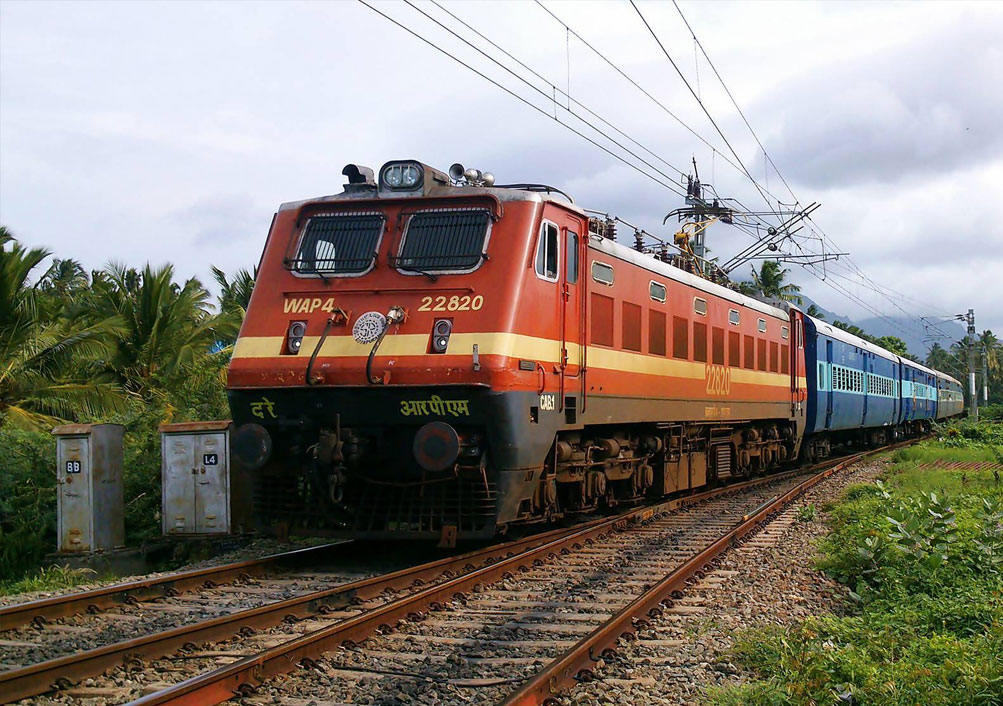Railway is liable to compensate passenger for delay and late arrival of trains, in absence of justification for such delay, rules Apex Court

Read Order: North Western Railway vs. Sanjay Shukla
Pankaj Bajpai
New Delhi, September 13, 2021:The Supreme Court has observed that the railway is liable to pay the compensation to the passenger for delay and late arrival of trains, unless it is proved that delay occurred was beyond their control and/or even there was some justification for delay.
The Division Bench of Justice M.R Shah and Justice Aniruddha Bose observed that the District Forum, the State Commission and the National Commission have rightly held that there was deficiency in service and therefore the railway is liable to pay the compensation to the passenger (complainant) for the loss and the agony suffered.
It cannot be disputed that every passenger’s time is precious and they might have booked the tickets for further journey, like in the present case from Jammu to Srinagar and thereafter further journey, added the Bench.
The observation came pursuant to a Special Leave Petition challenging the order passed by the District Consumer Disputes Redressal Forum, which was confirmed by the National Commission and the State Consumer Disputes Redressal Commission, Rajasthan, directing the Northern Western Railway and another to pay to the complainant (Respondent), the amount towards taxi expenses, booking expenses, litigation expenses and mental agony.
The background of the case was that the respondent had suffered monetary losses due to delayed train journey and missed flight, for which he had to incur additional expenses. Accordingly he claimed compensation, which was granted by the Consumer Forum.
The Top Court explained that if the public transportation has to survive and compete with private players, they have to improve the system and their working culture.
While stating that the Citizen/passenger cannot be at the mercy of the authorities/administration, the Top Court opined that somebody has to accept the responsibility.
Hence, the Apex Court dismissed the SLP and concluded that no interference of this Court is called for in the award passed by the National Commission, in exercise of powers under Article 136 of the Constitution of India.
Sign up for our weekly newsletter to stay up to date on our product, events featured blog, special offer and all of the exciting things that take place here at Legitquest.




Add a Comment